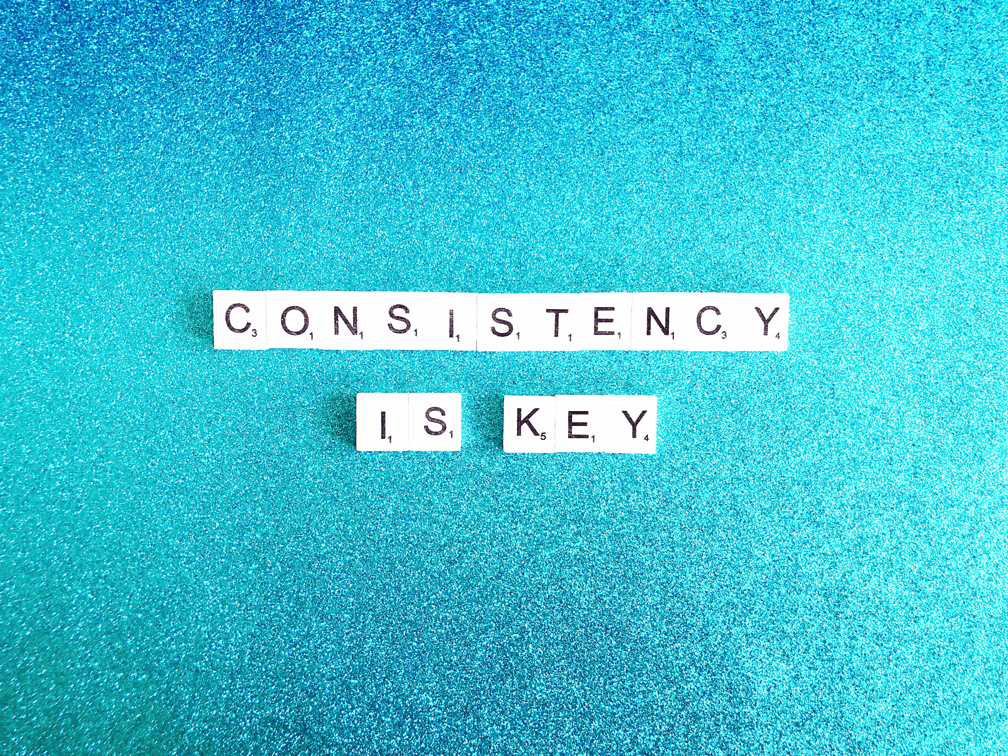As a small business owner, you face constant pressure to digitize every aspect of your operations. While human-centric marketing may seem old-fashioned, it’s actually your secret weapon for growth. Major corporations spend millions on automation, but your ability to create genuine human connections gives you a unique advantage in today’s market.
In this post, we’ll cover the power of local connection, balancing digital and traditional marketing methods, building community connections, and more.
How to Prioritize Human-Centric Marketing for Your Business
While digital marketing is essential to the growth and success of your business, we don’t want to forget about the power of human connection and how it can transform one-time customers into a community.
The Technology Paradox
Modern technology offers small businesses powerful tools at affordable prices. AI can now help you schedule social media posts, chatbots can answer basic customer questions, and email automation can nurture leads while you sleep. These advances are impressive and necessary.
However, this digital efficiency creates new challenges. Customers increasingly feel frustrated by automated phone systems and generic responses. According to a 2023 PwC Customer Experience Survey, 82% of participants said that as customers, they want more human interaction from businesses. They crave real human interaction. Many report feeling disconnected from brands that rely too heavily on automation.
Your small business can capitalize on this desire for human connection while still using technology wisely.
Key Takeaway: Technology should enhance human relationships, not replace them.
The Power of Local Connection
As a small business owner, you have a natural advantage in creating personal connections. Your local chamber of commerce provides opportunities to build face-to-face relationships with potential customers and partners. These personal connections often lead to loyal customers and valuable referrals.
Consider joining industry-specific networking groups or attending local business events. These venues allow you to showcase your business’s human side through authentic conversations.
Key Takeaway: Local networking creates authentic touchpoints that digital channels cannot replicate.
Balancing Digital and Human Touch
Human-centric marketing works best when you combine digital efficiency with personal connection. Start by identifying which tasks truly benefit from automation. Then, create opportunities for human interaction in your business strategy.
For example, use automation to remind customers about appointments, but have staff members personally follow up about their experience. Send automated order confirmations, but include a personal note in the package.
Key Takeaway: Smart automation creates more time for meaningful customer interactions.
Building Community Connections
Your physical presence in the community matters more than ever. Consider these practical steps:
- Host seasonal open houses or customer appreciation events
- Participate in local festivals and community events
- Schedule regular check-ins with your best customers
- Join and actively participate in local business associations
These activities help your business build lasting relationships within your community.
Key Takeaway: Community involvement transforms casual customers into loyal advocates.
The ROI of Human Connection
Small businesses that prioritize human-centric marketing often see higher customer retention rates. When customers feel personally connected to your business, they’re more likely to return and recommend you to others.
Track these important metrics:
- Customer retention rates
- Referrals from community events
- Engagement at in-person events
- Quality of customer feedback
Key Takeaway: Measuring the impact of human connections helps justify investment in relationship-building activities.
Here’s a Quick Recap:
- Technology should enhance human relationships, not replace them.
- Local networking creates authentic touchpoints that digital channels cannot replicate.
- Smart automation creates more time for meaningful customer interactions.
- Community involvement transforms casual customers into loyal advocates.
- Measuring the impact of human connections helps justify investment in relationship-building activities.
As we move through 2025, human-centric marketing will continue to differentiate successful small businesses. While larger competitors focus on automation, your personal touch will set you apart.
Remember that every automated process should create more time for meaningful customer interaction. Join your local chamber of commerce, attend community events, and create opportunities for face-to-face connections. These actions will help your business thrive in an increasingly digital world.
The future of small business success isn’t just about having the latest technology—it’s about creating genuine human connections that technology enables but cannot replace.
Have questions about how to make your marketing efforts more human-centric? Please visit our website or call us at 262-443-9092. At Paragon Marketing Group, we’re ready to help humanize your marketing efforts.












